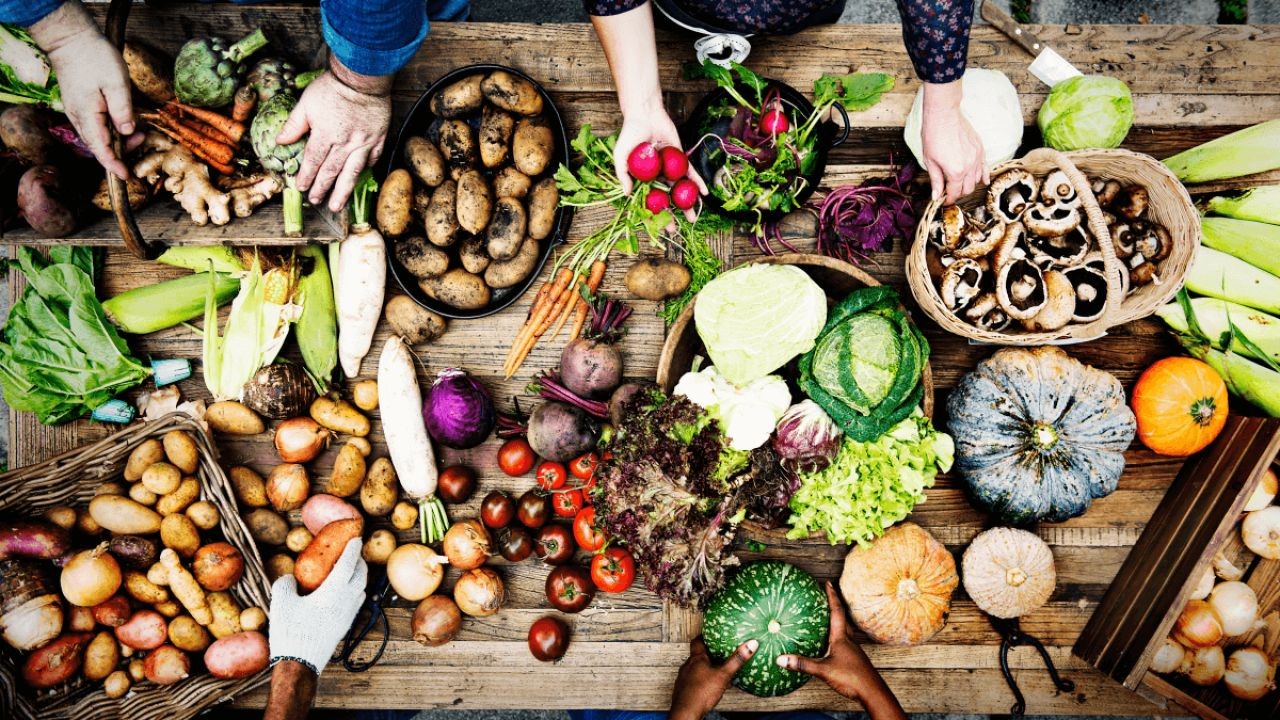New Zealand is celebrated for its pristine landscapes and commitment to sustainability, making it a perfect backdrop for the farm-to-table movement. This approach prioritizes sourcing local, fresh produce, and minimizes environmental impact—a concept that resonates deeply with Kiwi values. However, how does New Zealand's farm-to-table practices compare to those in Europe, particularly regarding sustainability?
The Significance of Farm-to-Table in New Zealand
The farm-to-table approach aligns with New Zealand's commitment to sustainability. A report from Stats NZ indicates that over 70% of New Zealanders are concerned about environmental issues, influencing their purchasing decisions. This consumer demand has encouraged local businesses to adopt more sustainable practices, reducing their carbon footprint, and promoting local economies.
European Practices: A Comparative Lens
Europe, known for its stringent environmental policies, has set a high bar for sustainable practices. The European Union's Common Agricultural Policy supports local farmers, and initiatives like the Farm to Fork Strategy aim to make food systems fair, healthy, and environmentally-friendly. These policies often result in reduced emissions and enhanced biodiversity. However, some critics argue that the bureaucratic nature of these regulations can hinder small farmers.
Case Study: New Zealand’s Local Heroes
Case Study: The Kiwi Farm Co. – Championing Sustainability
Problem: Kiwi Farm Co., a medium-sized organic farm in the Waikato region, faced challenges with waste management and high operational costs. The farm struggled to maintain profitability while adhering to sustainable practices.
Action: The company implemented a zero-waste initiative and adopted solar energy to reduce reliance on fossil fuels. They also partnered with local restaurants to ensure a steady market for their produce.
Result: Within a year, Kiwi Farm Co. reduced waste by 50% and operational costs by 30%, while increasing revenue by 20%. Their success story was featured in the New Zealand Herald as an example of sustainable farming practices.
Takeaway: This case highlights the importance of innovative waste management and renewable energy in achieving sustainability. New Zealand businesses can replicate these strategies to enhance environmental and economic outcomes.
Data-Driven Analysis: The Numbers Behind the Movement
According to the Ministry of Business, Innovation, and Employment (MBIE), the agriculture sector contributes significantly to New Zealand's GDP. However, it also accounts for a large portion of emissions. The farm-to-table movement offers a solution by reducing the distance food travels, thus cutting emissions. In comparison, Europe's policies have resulted in a 20% reduction in agricultural emissions over the past decade, as reported by the European Environment Agency.
Pros and Cons: Farm-to-Table Practices
Pros:
- Environmental Benefits: Reduces food miles and carbon footprint.
- Economic Support: Boosts local economies by supporting small farmers and businesses.
- Healthier Options: Consumers have access to fresher, more nutritious produce.
- Community Building: Strengthens the connection between communities and local farmers.
Cons:
- Higher Costs: Local produce can be more expensive due to smaller scale operations.
- Seasonal Limitations: Limited by the availability of certain produce outside of growing seasons.
- Scalability Issues: Not all businesses can easily transition to this model due to supply chain complexities.
Debunking Myths: Common Misconceptions
- Myth: Farm-to-table is just a trend. Reality: It's a long-term movement driven by consumer demand for sustainability and transparency.
- Myth: It's only for small-scale operations. Reality: Larger businesses are also adopting these practices, as seen with New Zealand's leading supermarkets sourcing local produce.
- Myth: It doesn't significantly impact emissions. Reality: Studies show a 30% reduction in emissions when local foods are prioritized over imported ones.
Future Trends: What’s Next for Farm-to-Table?
The global push for sustainability indicates that farm-to-table practices will continue to evolve. According to a report by Deloitte, by 2030, it's predicted that 50% of New Zealand's food supply will be sourced locally, driven by advances in agricultural technology and policy support. This shift will likely result in more robust local economies and improved environmental outcomes.
Conclusion: Embracing Sustainability in New Zealand
New Zealand's commitment to sustainability sets it apart on the global stage. By adopting farm-to-table practices, local businesses can not only reduce their environmental impact but also support the local economy. The key is innovation and collaboration between farmers, businesses, and policymakers.
Are you ready to embrace the farm-to-table movement in your business? Share your thoughts and strategies in the comments below!
People Also Ask
- How does farm-to-table impact businesses in New Zealand? NZ businesses report increased customer loyalty and reduced operational costs by adopting farm-to-table practices.
- What are the biggest misconceptions about farm-to-table? Many believe it's a passing trend, but it's a sustainable movement with long-term benefits.
- What are the best strategies for implementing farm-to-table? Start by sourcing local produce, building partnerships with local farmers, and educating consumers about the benefits.
- What upcoming changes in New Zealand could affect farm-to-table? By 2026, policy updates supporting local agriculture could further boost the farm-to-table movement.
- Who benefits the most from farm-to-table? Small farmers, local businesses, and consumers seeking fresh, sustainable produce benefit significantly.
Related Search Queries
- Farm-to-table New Zealand
- sustainable agriculture practices NZ
- Local food movement in Europe
- Environmental benefits of farm-to-table
- New Zealand food industry trends
- Farm-to-fork strategy Europe
- Sustainable farming methods
- Economic impact of local food systems NZ
- European Union agricultural policies
- How to start a farm-to-table business in NZ





































TresaShack
3 months ago